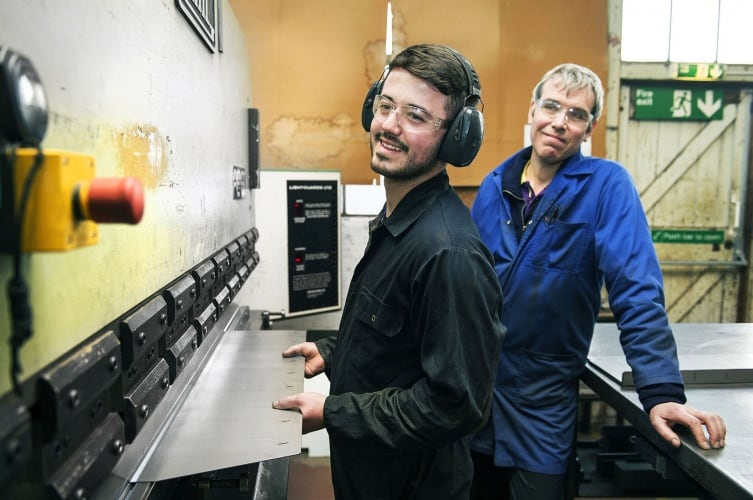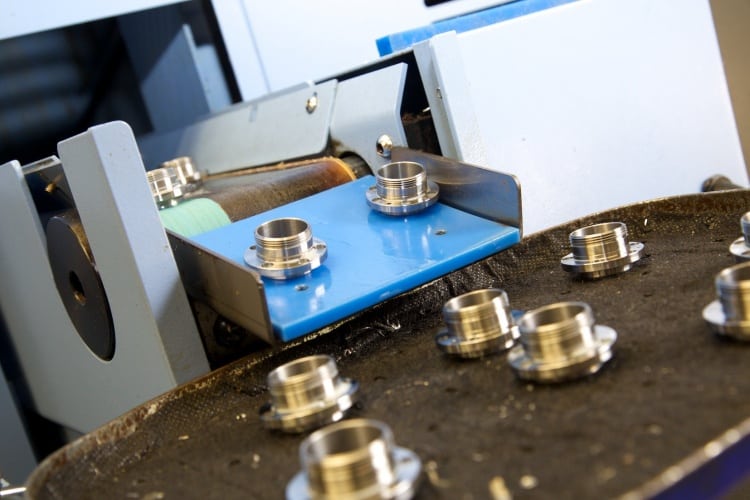Based on the feedback of over 500 senior leaders from across the sector, the survey found that 71 per cent of respondents intend to invest in their workforce to increase productivity. This compares with 62 per cent who plan to invest in new capital or machinery, and 56 per cent who say they will implement new software and systems.

“The race to improve productivity has been widely discussed over the past twelve months and the findings of the Manufacturing Barometer clearly show that the majority of smaller manufacturers are prepared to increase spending to gain better performance,” said Stephen Peacock, head of the Business Growth Service.
“What is perhaps a little surprising is that increasing investment in skills is seen as a greater priority than capital and machinery. This shows the importance firms appear to be placing on ensuring they have the right people to grow their business and this spans from retaining key staff and employing apprentices, to continuously improving existing employees.”
The Manufacturing Barometer is the largest independent survey of SME manufacturers in England and has been running since 2009. Half of the companies in the latest survey reported an increase in sales over the past six months, and 47 per cent claim they will employ more staff before the end of the year. However, demand for new machinery and premises over the same six month period fell by 4 per cent, and less than half of firms expected to increase spending on new technology over the coming six months.

“There is a lot of global uncertainty at the moment, with exchange rate fluctuations, the falling price of oil and China’s economic performance posing significant questions over economic growth,” said Peacock.
“This naturally cascades its way down the manufacturing supply chain and the smaller firms need to plan ahead to make sure they can cope with all scenarios, whether there is a general slowdown, delays on orders or sudden increases in volume as market confidence returns.”




Glasgow trial explores AR cues for autonomous road safety
They've ploughed into a few vulnerable road users in the past. Making that less likely will make it spectacularly easy to stop the traffic for...